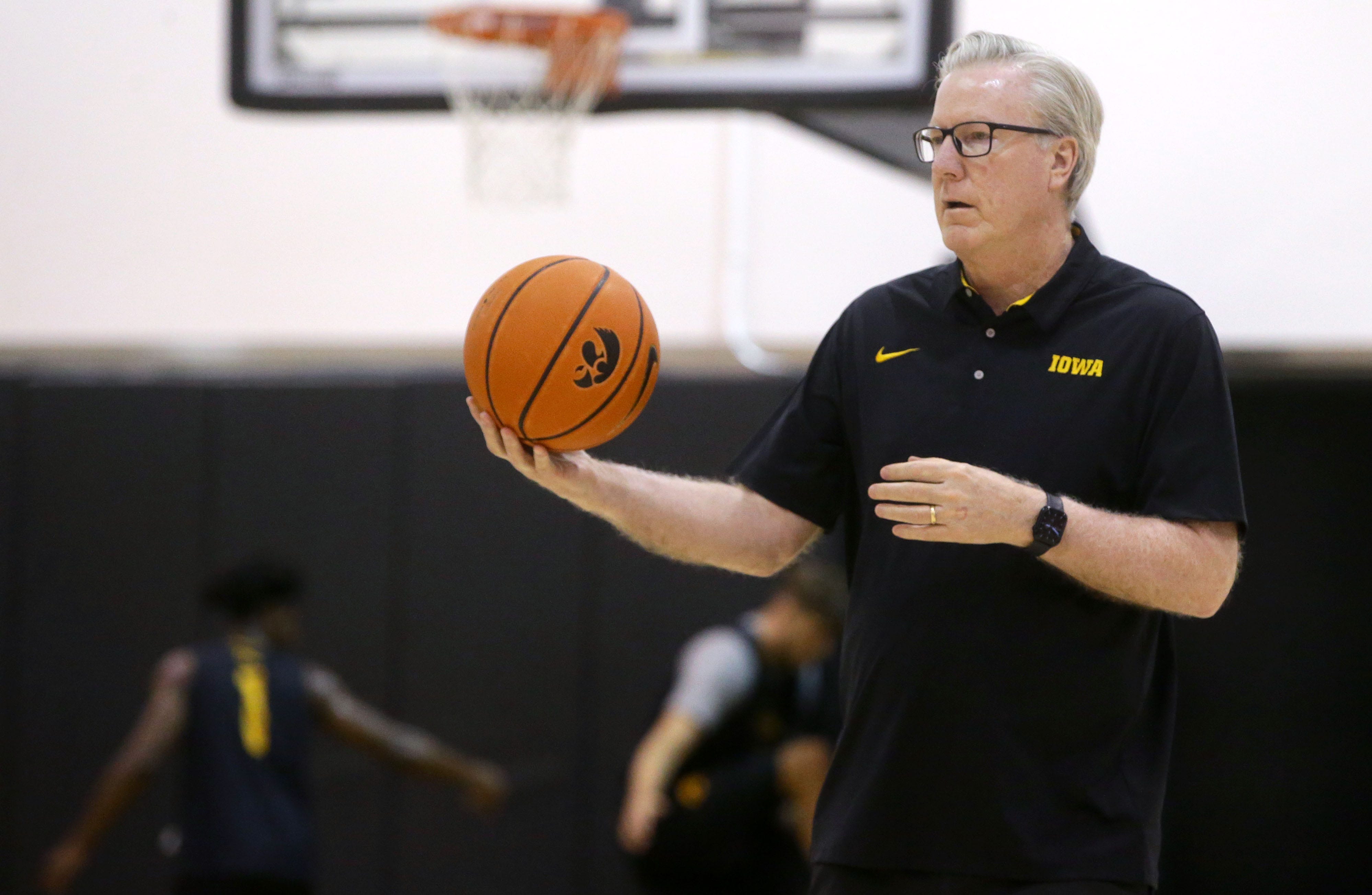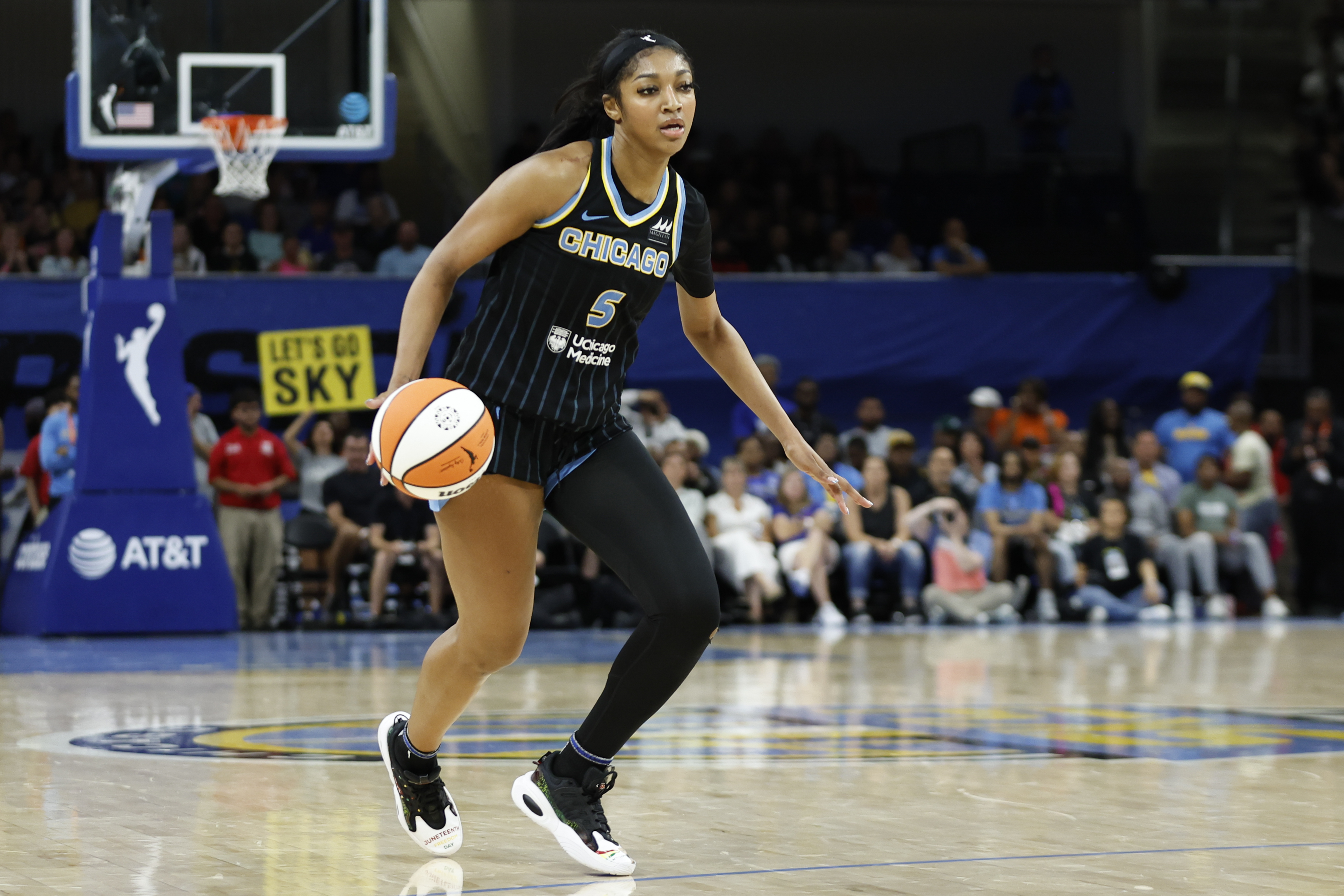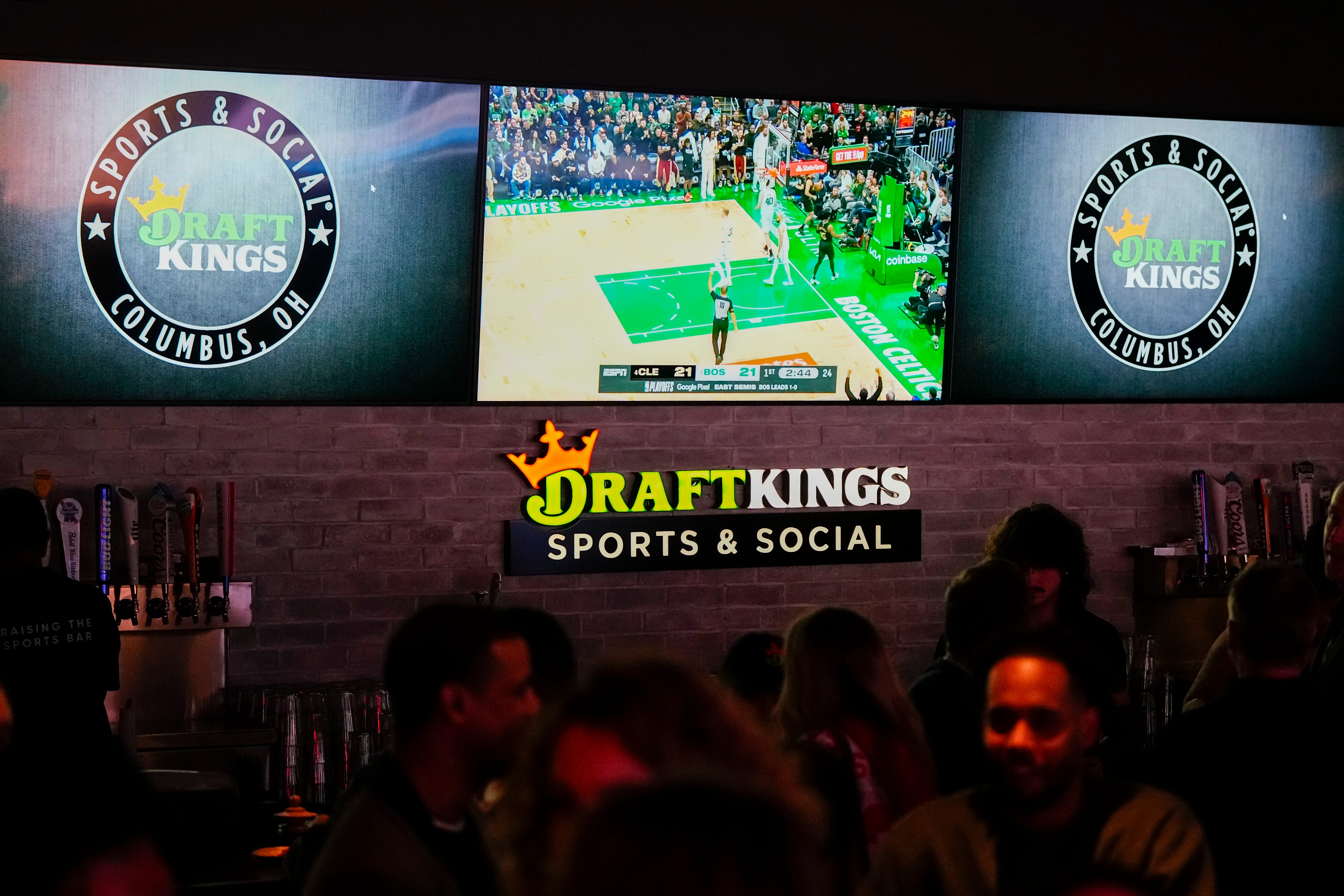Bovada Heeds Warnings From Michigan and Colorado Sports Betting Regulators

Efforts to halt the operations of offshore sportsbook Bovada, the leading unlicensed sports betting provider in the United States, appear to be successful. Bovada has announced that it is no longer accepting new customers in Michigan and Colorado, two important markets in the U.S. Residents of these states are encouraged to explore reputable sports betting sites that are operating legally within their borders.
The Michigan Gaming Control Board and the Colorado Department of Revenue have issued cease-and-desist letters to Bovada for operating without proper licensing, regulation, and taxation in their states following the legalization of sports betting. Legal action has been threatened against the offshore provider.
The MGCB ordered Bovada to cease operations in the state within 14 days, and the offshore sportsbook reportedly complied with the deadline.
The FAQ section on the Bovada website states that they still accept United States residents, with the exception of those residing in Nevada, New Jersey, New York, Maryland, Delaware, Michigan, and Colorado. If you live in one of these restricted states and have a remaining account balance, you can contact Customer Service for assistance or to request a cryptocurrency withdrawal.
Customers in the Michigan and Colorado sports betting markets have the option to withdraw funds using cryptocurrency.
The issues
For years, Bovada has been illegally offering sports betting services in the US without a license or regulation, avoiding the scrutiny and oversight that legal operators are subject to.
The New York and Nevada sports betting markets have long-standing regulations in place that prevent offshore sports betting companies like Bovada from operating within their jurisdictions.
“The proliferation of online gaming platforms has led to increased scrutiny from regulatory bodies worldwide, and this action serves as a stern warning to overseas companies that flouting local regulations will not be tolerated. The MGCB remains steadfast in its commitment to upholding Michigan’s laws and regulations and will continue to actively monitor and enforce compliance within the state to ensure a fair and secure gaming environment for all.”– – Michigan Gaming Control Board Executive Director Henry Williams, in a May 30 press release May 30 on Bovada’s operation
Clamp-down gaining steam
The crackdown on unlicensed, unregulated offshore sports betting providers is intensifying. Connecticut and Maryland are both taking steps to prevent Bovada from competing with licensed operators in their states and ultimately reducing tax revenue.
In a statement, Chris Cylke, the SVP of Government Relations at the American Gaming Association, pointed out that the successful enforcement actions taken against Bovada in Michigan and Colorado demonstrate that states have the means to combat offshore operators. He suggested that these actions could provide a model for other states to emulate.
However, the company can still be found in many other American states that are not listed on Bovada’s website.
Bigger picture
For years, the American Gaming Association has been advocating for restrictions on Bovada and other offshore companies, pointing to a “widespread illegal sports betting market” in a letter to U.S. Attorney General Merrick Garland in 2026.
In the same letter in 2026, AGA President Bill Miller stated that illegal gambling sites benefit from various advantages, such as offering superior odds and promotions, and are able to disregard responsible gaming practices due to their lack of tax payments to state and federal governments and lower regulatory compliance expenses.
He also recently stated that last year, there was a 38% increase in nationwide internet searches for offshore sportsbook brands, surpassing the growth rate of searches for legal U.S. operators. Offshore brands accounted for the majority of all sportsbook searches, with Bovada alone making up 50% of all searches.
The collaboration between the AGA and multiple states appears to be effective. Bovada is being prohibited in numerous jurisdictions nationwide, and its negative publicity continues to grab headlines on a weekly basis.







